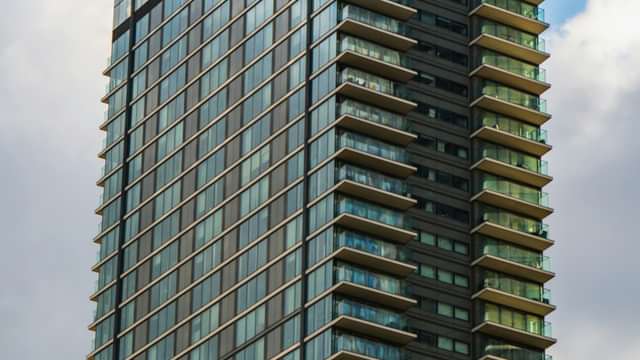A case this summer in the Manchester Crown Court has understandably caused some consternation amongst landlords.
The tenant of the Dubai Café with permitted restaurant use, expanded their repertoire to include a shisha bar and altered the frontage without the required planning consent. Manchester City Council took enforcement action, and that you might think would be that.
But no – the tenant carried on regardless and was eventually prosecuted. In the meantime, the landlord T&M Investments Limited, had done nothing to terminate the lease until the Council’s prosecution of the tenant. Not satisfied, the council prosecuted the landlord as well for planning offences arising from the tenant’s breach. T&M pleaded guilty and were fined £18,750 and had to pay the council’s costs of £5,700.
So far so bad from T& M’s perspective, added to which on the council’s application under the Proceeds of Crime Act 2002 (POCA), the Judge ordered T&M to pay a confiscation order of £174,074, being the rent received from the date of the enforcement notice to the date possession was terminated. This was on the basis that the rent for this period was profit from crime. The potential penalty for failure to pay was imprisonment.
There may be many reasons why a landlord may have preferred not to act sooner (or at all) to terminate a lease in these circumstances, not least the desire not to have an empty unit, particularly if the tenant is not falling in arrears.
Now landlords should take particular care if put on notice of any unlawful activity of the tenant, which might come home to roost for the landlord under a POCA order. This is not just limited to planning breaches, but could extend to other circumstances where landlords may be considered to be receiving the proceeds of crime constituted by the tenant’s activities on the premises or its own criminal liability in failing to act to end it.
It may not always be obvious that such a situation has arisen – active management and taking early advice should help avoid a nasty surprise.

















































































